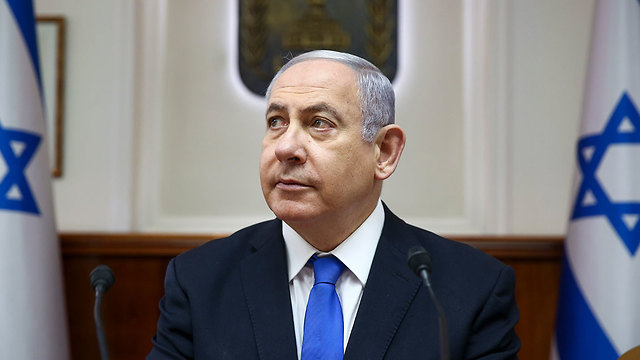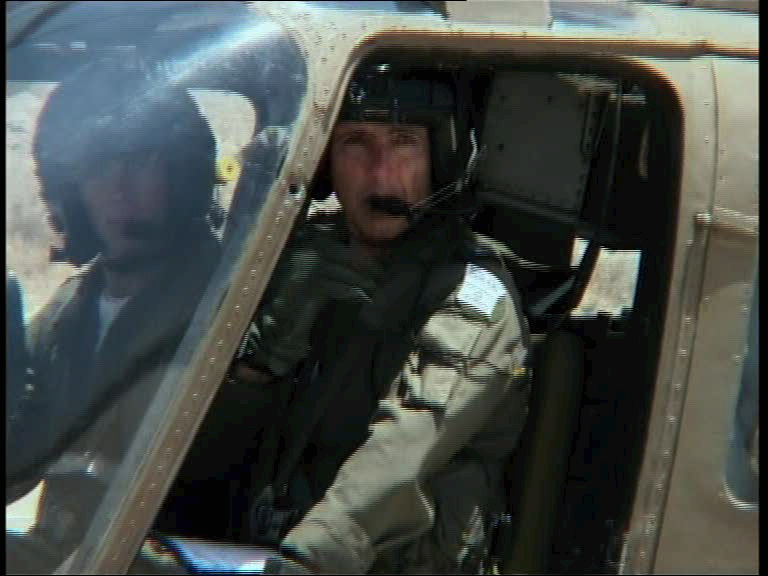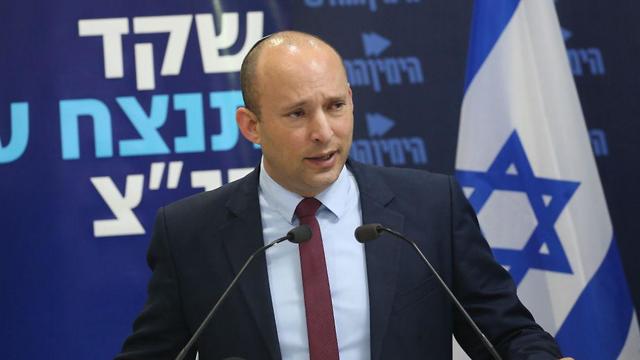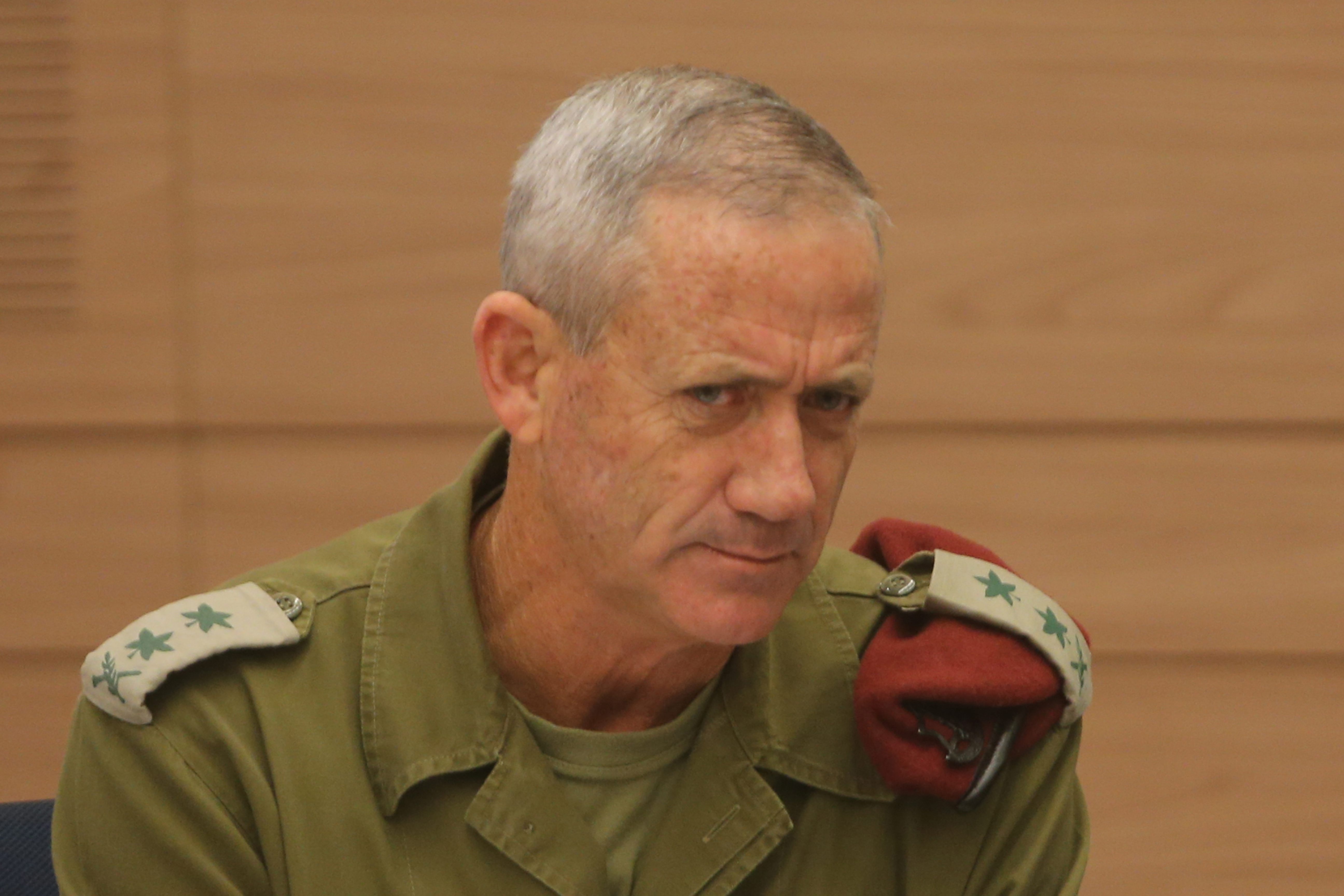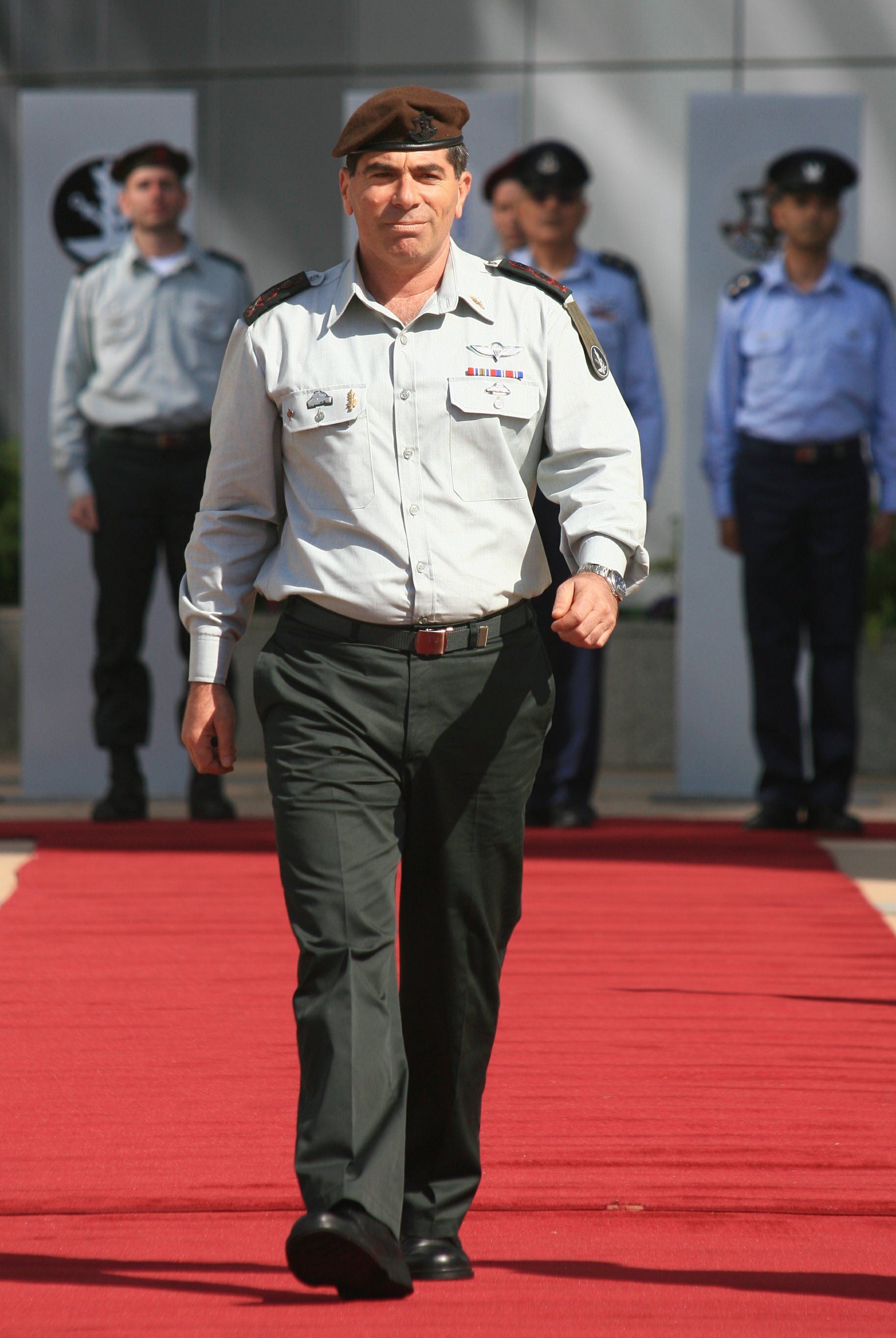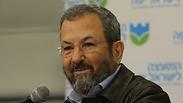
Imagine Prime Minister Benjamin Netanyahu announcing that there is no such thing as a bad citizen, but rather a citizen that feels bad about the country. Imagine a Minister of Health who says that every patient needs a physician who believes in him or her. Imagine an Army Chief of Staff who thing the Security Cabinet is not focused and says: "I know the (security) material."
The reason such a reality is laughable is also the best proof that words can do more than describe reality, they can create it too by giving meaning and cultural context we may be missing at first glance.
We find it reasonable that in the State of Israel, Minister of Education Rafi Peretz would say to his predecessor Nafatali Bennet "I have sat in many cockpits throughout my life (Peretz being a former Air Force pilot), but never have I felt as excited as I'm now, sitting in this cockpit. Naftali you have been the special op's (referring to Bennet's role in the army) of this Ministry leading it to excellence."
These words come after Peretz promised to turn teachers in Israel into military company commanders. Why? What does that even mean? It means absolutely nothing. It just sounds right in a country that consideres the minimum requirement for the leadership, being a former special op's fighter or an army Chief of Staff.
The militaristic debate that engulfs us is unbearable for many reasons. First and foremost because it makes us forget the in fact there already is a military protecting this country and not the other way around: a military that leads an admiring country.
Words have the power to promote that opposite of the equation. The same equation that sees the military as not as a means to an end but as the end.
The same equation that sees our soldiers as children that we must protect rather than soldiers that must protect us. The same equation that lets us forget that we are first and foremost a civil society and therein lies the source of our strength.
Benjamin Netanyahu, Benny Gantz, Gabi Ashkenazi, Naftali Bennet, Rafi Peretz, Ehud Barak – all come from the same cadre that considers the source of their strength in thier military rank and all speak using the same military speach.
So, how much can they really add to the political debate? Do they profoundly understand Israeli society? If after all, their expressions are all about cockpits, special op's, armored personnel carriers and army grub?
How are Israeli citizens suppposed to feel? Those less attached to the military world? Women, the ultra-Orthodox and the Arab? How present are they in this discourse?
Hebrew is a superb language, mostly because it is so ancient, diverse and in some ways derives from 2,000 years in the diaspora. The language has in it so many treasures from Arabic and Aramaic, Mother tounges and the language of art. A whole world of expressions enriched by its doctors, patients, educators and so many more.
If and when our leaders come from the civilian society , without the need to don a general's uniforms, the words they use will be different.
Their perspective and scope will be wide, diverse, open, and free so that our political discours can be the same.
With the new elections we received a new chance to find the leaders that speak our language















